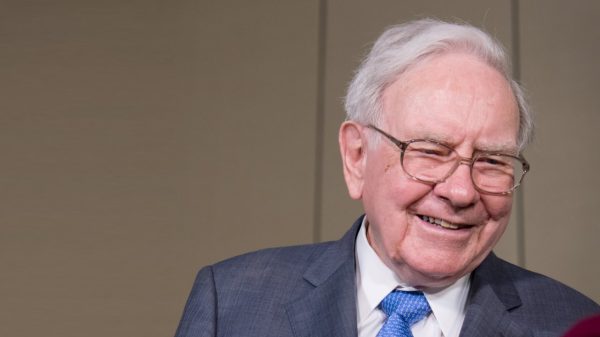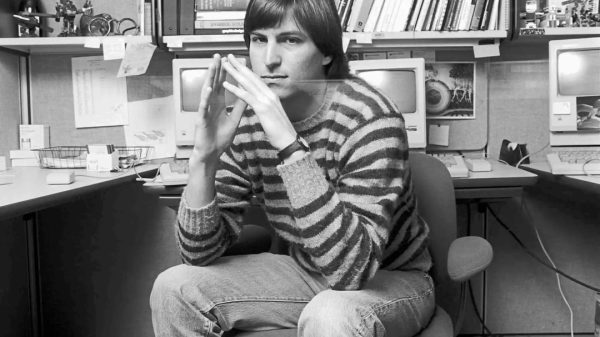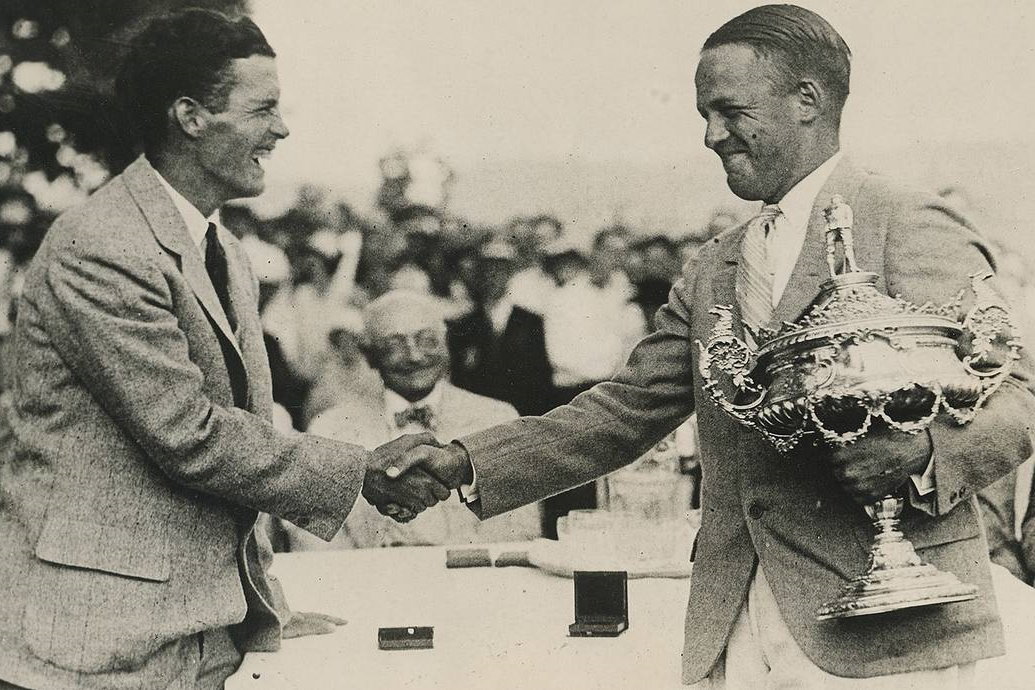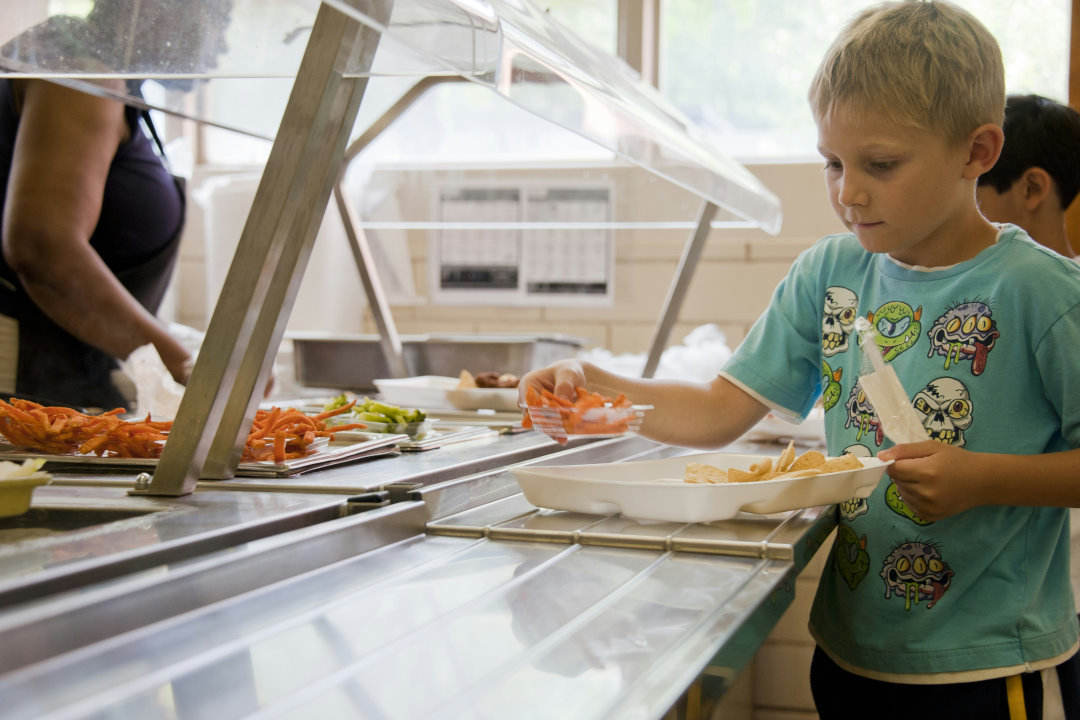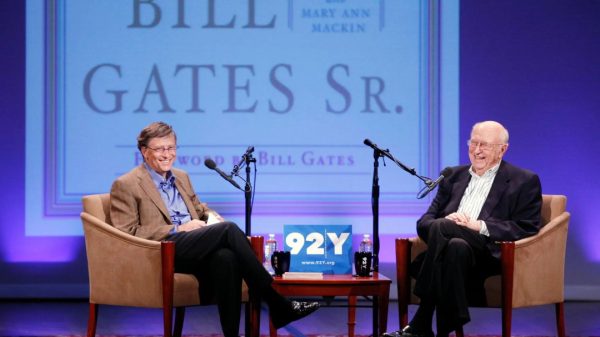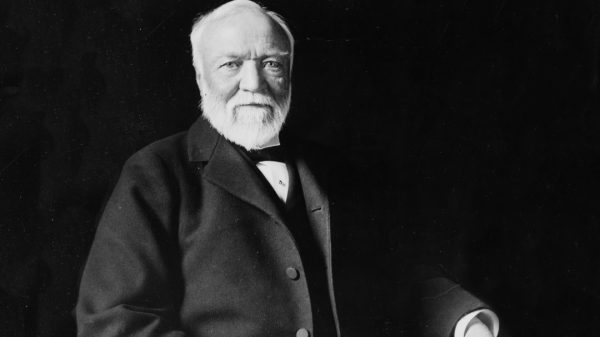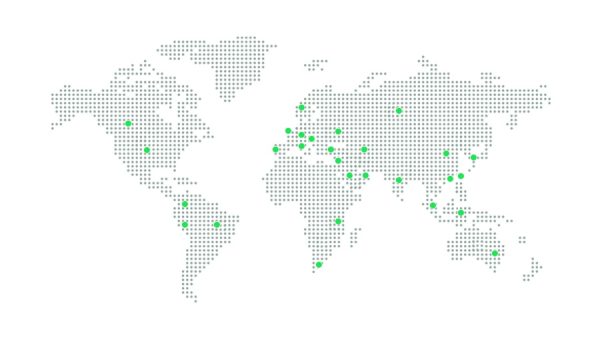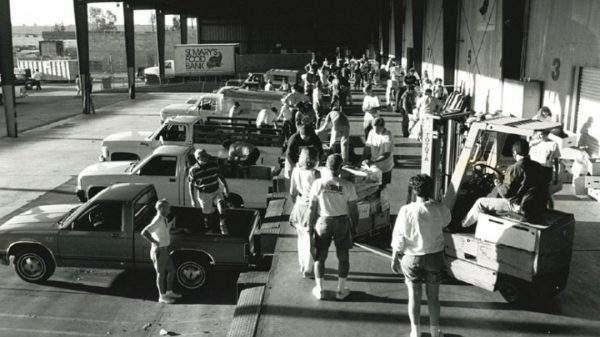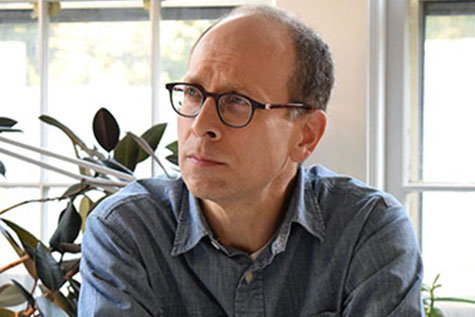If there is one clear lesson from the impact of COVID, it’s that we are all way more connected than we may have thought—from individual, to family, to neighborhood, to nations, to our planet…
During the intense challenges and difficulties of the past few years, individuals and organizations within communities around the world showed that by acting together and supporting each other, they can become stronger and more resilient.
A noteworthy part of this COVID-induced reality shift has been a powerful change in how many philanthropic foundations and donors view their role and relate to their nonprofit partners. An emergency loosening of restrictions and requirements tied to gifts and financial support has upended longstanding, unilateral power structures and controls in the realm of philanthropy.
This forced innovation in response to crisis offers a pathway to a different way of thinking and acting. This is exemplified by the high-profile philanthropist MacKenzie Scott, who has been experimenting with giving away unrestricted money to worthy nonprofits, and in the process, challenging established giving mindsets and practices.
It is exciting to see ideas like trust-based philanthropy and creating an inclusive economy taking root. Organizations of all kinds are examining their commitments to equity and justice, and foundations and donors are increasingly embracing community-led decision-making and control over funding.
The optimist in me feels like a new era could be dawning in the social sector—even as strident forces of intolerance, injustice, and racism are working louder and harder to achieve a very different version of society.
There has never been a better time to build momentum and drive social innovation. It is truly a moment for individuals and organizations of all kinds to think big—reimagining, designing and encouraging new forms of collaboration and partnership to drive impact in their communities.
If you are a social sector leader, or anyone else—an individual, a company small or large, a financial institution—who cares about the social and environmental issues impacting your community, take advantage of this moment to make your community stronger and more resilient.
One powerful way to do this is to try some opportunity mapping: Consider the relationships and connections that you are a part of—or not—within your broader community ecosystem. Commit to identifying three possibilities to partner, to building three new connections to help you increase your impact, and to trying at least one experiment to explore new possibilities. This kind of exploration can help you overcome established ways of operating, transcend entrenched barriers, and uncover opportunities hiding in plain sight.
You’ll be surprised by where things might lead. Even if small to start, your experiment could turn into something that creates powerful impact.
—Craig Bida is an Executive in Residence and Senior Fellow in Social Innovation at Babson College where he teaches social entrepreneurship.



